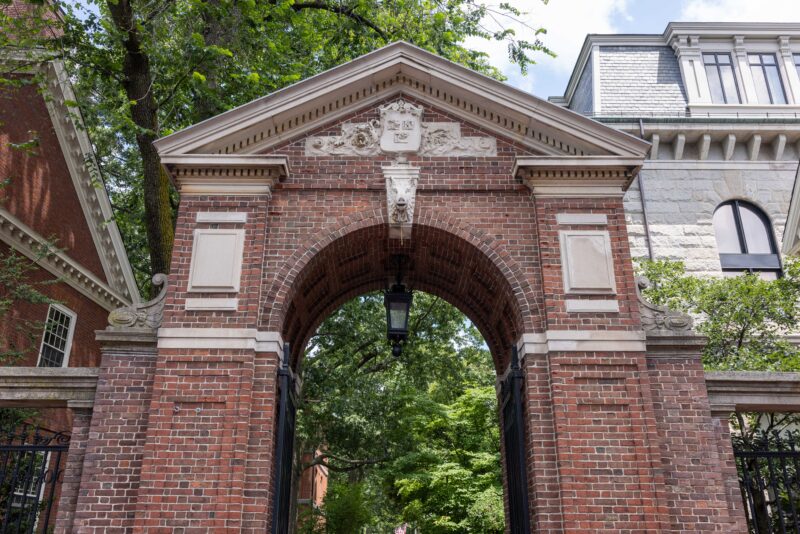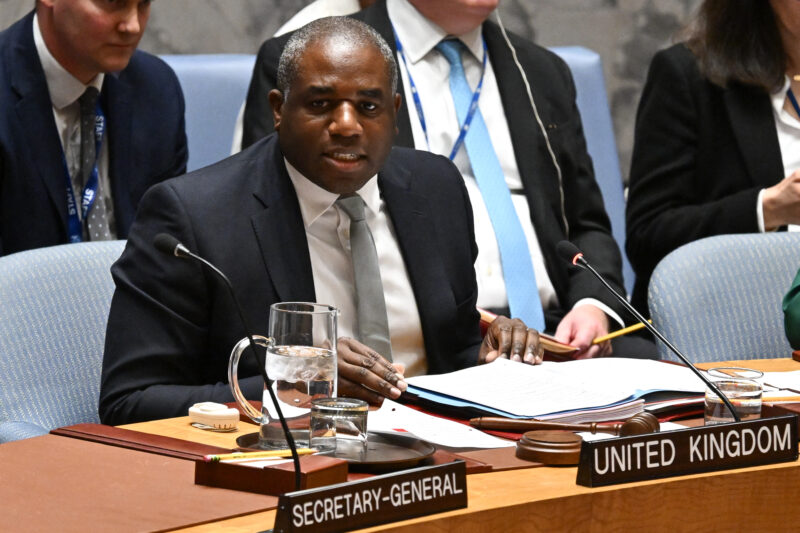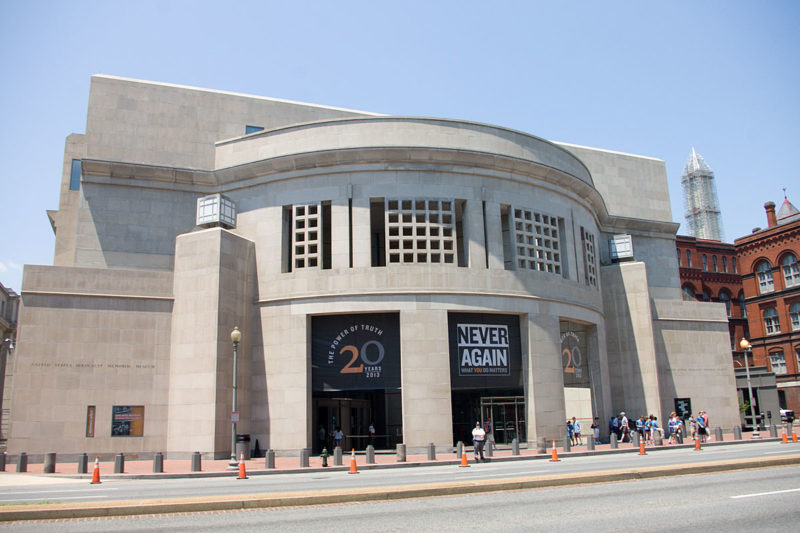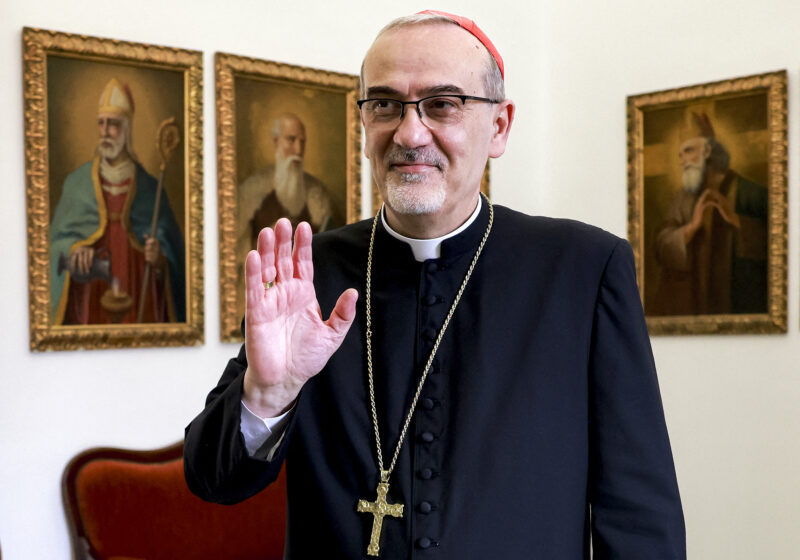
Daily Kickoff: Interview with Amb. Tom Nides + Breyer’s retirement and SCOTUS’s ‘Jewish seat’
👋 Good Thursday morning!
Supreme Court Justice Stephen Breyer, who is 83, is planning to retire at the end of the Supreme Court term this summer after nearly 30 years on the high court. The retirement paves the way for President Joe Biden to nominate a justice — he has vowed to pick a Black woman — and sets up a confirmation battle heading into the midterm elections. More below.
The 11 GOP members of the Senate Judiciary Committee sentletters this week to Secretary of State Tony Blinken, Homeland Security Secretary Alejandro Mayorkas and FBI Director Christopher Wray requesting information about how Malik Faisal Akram — the Colleyville synagogue hostage-taker — entered the country and acquired a gun.
Israeli Foreign Minister Yair Lapid is in Austria to participate in a ceremony today to mark International Holocaust Remembrance Day at the Mauthausen concentration camp, where his grandfather, Bela Lampel, was murdered. Also attending the ceremony are Austrian Chancellor Karl Nehammer, Foreign Minister Alexander Schallenberg, Interior Minister Gerhard Karner and the heads of the country’s Jewish community.
Lapid is also set to participate in the “We Remember” ceremony at the new Holocaust memorial in Vienna alongside Austrian President Alexander Van der Bellen, Nehammer, and other senior officials.
In Berlin, Knesset Speaker Mickey Levycalled on the Bundestag to do more to preserve memories of the Holocaust, in a Hebrew address as part of a special ceremony commemorating International Holocaust Remembrance Day.
Brett McGurk, the National Security Council’s Middle East coordinator, will discuss the administration’s priorities in the region with the Carnegie Endowment for International Peace’s Aaron David Miller today at 10 a.m. ET.
exclusive
Nides to JI: People-to-people relations will build the Abraham Accords

NEW YORK, NY – OCTOBER 02: Managing Director and Vice Chairman of Morgan Stanley Tom Nides speaks on stage during the 2015 Concordia Summit at Grand Hyatt New York on October 2, 2015 in New York City. (Photo by Leigh Vogel/Getty Images for Concordia Summit)
The first-ever “Abraham Accords Working Group,” inaugurated last night, will strengthen and deepen the connections forged in 2020 between Israel and five Muslim-majority countries, as well as underscore the importance of Israel’s long-standing ties with Egypt and Jordan, U.S. Ambassador to Israel Tom Nides told Jewish Insider’s Ruth Marks Eglash in an exclusive interview on Thursday.
Example of peace: In his first interview with an English-language media outlet since becoming ambassador, Nides explained the importance of the U.S.-facilitated forum, which will bring together Israel-based ambassadors and representatives of Arab states that have peace and normalization agreements with Israel. Its goal, he said, is not only to build upon already blooming business ties or to expand the people-to-people relations, but also to show the benefits of cooperation and serve as an example of stability and peace in a volatile region.
Long-term benefits: “At the end of the day, it’s all about the people of these countries recognizing the importance of the other’s culture and of other people,” Nides told JI. “That will drive business, it will drive political stability and the national security implications of this are also obviously quite important…. The more comfortable these countries are vis-a-vis working with each other, the more it will only enhance the long-term benefits for all the countries and for Israel,” he added.
Credit for starting: Asked by JI about criticism that the Biden administration might not be as enthusiastic or dedicated to broadening Abraham Accords in the same way as the previous administration, Nides countered that his team in Jerusalem and representatives of the State Department in Washington are spending “enormous amounts of time on this… I give the Trump administration, Jared and the team, Ambassador Friedman, an enormous amount of credit for starting this,” he said. “But as you know, the easy part of these things is starting them, the more difficult part is deepening the piece and getting things done.”
Big focus: “If it was that easy, then we would have had all these countries join the first time around,” Nides continued. “So obviously, we have work to do, but make no mistake, we are not only focusing on it, but we also believe that it’s really important. It’s really important for the region and it’s important for the Biden administration.”


















































































